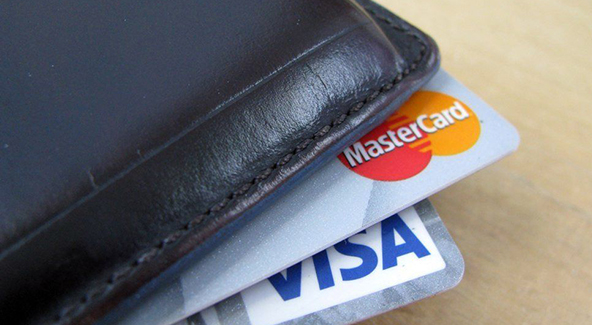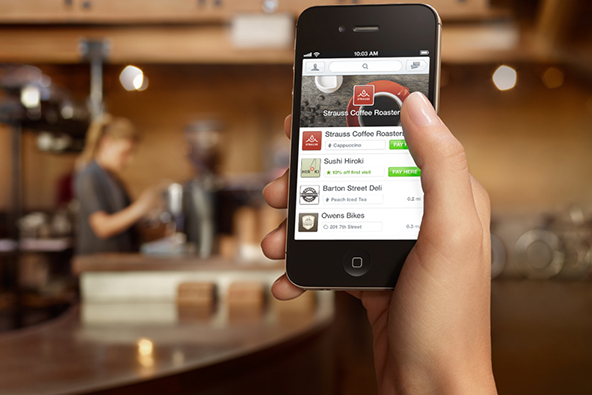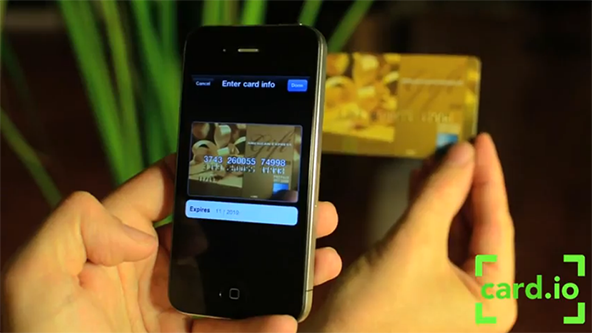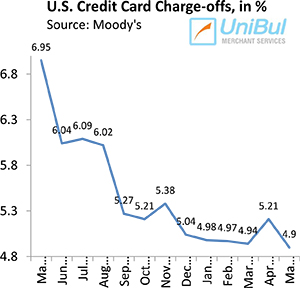How to Manage ‘Credit Not Processed’ Chargebacks

Both Visa and MasterCard use special Reason Codes to designate chargebacks resulting when a card issuer receives a complaint from a cardholder stating that a merchant did not issue a refund when a purchased product was returned or services canceled, or a refund was issued but for a reduced amount, without proper disclosure. Visa uses Reason Code 85 and its MasterCard’s equivalent is 4860.
What causes these chargebacks? Chargeback Reason Codes 85 and 4860 may be caused because the merchant:
- Did not issue a credit.
- Issued the credit but did not deposit it with its processing bank in time for it to appear on the cardholder’s next statement.
- Did not issue a credit, because it does not accept returns, but did not properly disclose its return policy.
How to manage such chargebacks? The time frame to respond to Reason Codes 85 and 4860 is 120 days. Your response will depend on the particular transaction circumstances and the actions you have taken (or not) so far:
- Returned product or cancellation was not received. If you never received the returned merchandise or the service was not canceled, contact your processor immediately and explain the situation.
- Product was returned contrary to the disclosed policy. If the merchandise was returned not in the manner described in your return policy, provide your processor with documentation proving that the customer did agree with it and signed it. Keep in mind that, if your return policy is located on the back of the sales receipt, you will have to obtain your customer’s initials there, in addition to the signature on the front. When providing supporting evidence, you must send copies of both the front and the back of the receipt.
- Credit was issued. If you did issue a credit for the returned merchandise at issue, contact your processor and provide them with the date and amount of the credit.
- Credit is not yet issued. If you did not issue a credit for product that was returned according to your return policy, there is no remedy and you should accept the chargeback. Do not process the credit now, as the chargeback has already done that for you.
How to prevent chargeback Reason Codes 85 and 4860? Many of these chargebacks can be prevented by implementing the following best practices:
- Issue credits promptly and as agreed. If merchandise is returned according to your return policy, make sure to promptly issue a credit and to immediately notify your customer that it has been issued.
- Only issue credit to the card used in the sale transaction. Credit for returned merchandise should only be issued to the same card that was used in the original transaction. Ask your customers to retain the credit receipt until they see the credit posted on their accounts.
- Gift returns. If product was returned by a gift recipient and not by the cardholder, the credit to the gift recipient must be in the form of cash, check or a store credit. Be advised that, if the credit is to be issued to a bank card, it can only be issued to the one used in the transaction.
- Return policy disclosure. Make sure that your return policy is posted on the sales receipt. If not and until you do that, present an additional document (an invoice or contract) to your customer to sign. If the return policy is on the back of the receipt, make sure the customer initials it.
- No-return policy disclosure. If your organization does not accept returns, your policy should be clearly posted on the sales receipt and at checkout, for both virtual and physical stores.
- Obtain customer signature. Customer signature should always be obtained on your return policy; a verbal disclosure is not enough.
While it is not likely that you will ever be able to completely eliminate this type of chargebacks, developing a customer-friendly return policy will go a long way toward minimizing them. Customers expect that, if they are not satisfied with their purchase, a return will be accepted and a full refund issued. Otherwise, they will probably file a dispute with their credit card company. You will want to avoid such disputes, even if you believe you will win them, because customers are likely to broadcast them on the internet and damage your reputation. Customer disputes and resulting chargebacks are also closely monitored by processing banks that will promptly freeze your merchant account, if there is any uptick in such activities.
Image credit: Mega-u.ru.


